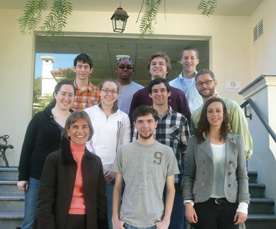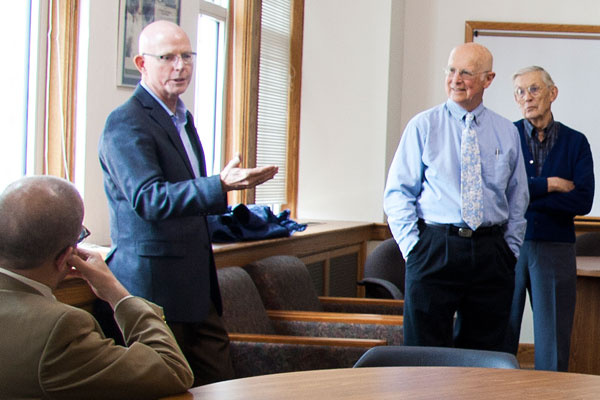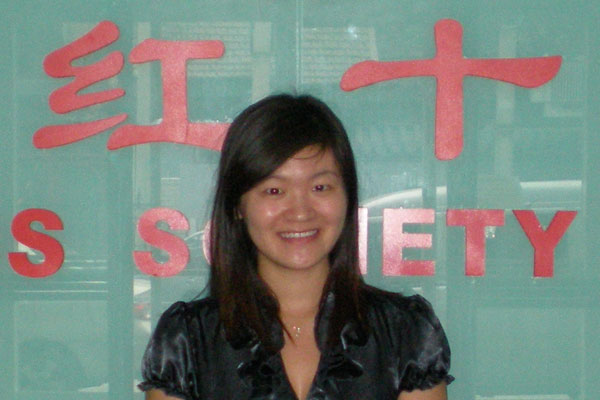Learning business abroad
Todd Knoop’s Growth Theory class spent three weeks in South America in May to study economic growth, the factors that make countries rich or poor, and how business is conducted outside the U.S.
Knoop said Uruguay is a particularly interesting case for students to study because it’s a mid-level economy bordered by two huge countries—Argentina and Brazil. Argentina, historically a wealthy country, is faltering, he said, while Brazil, historically a poor nation, is among the fastest growing economies in the world. That makes Uruguay an interesting place to think about the things that make countries rich or poor, he said.

“Studying in Uruguay was great because we not only learned the academic perspective of why a country has economic growth, but we were in the midst of it to experience the differences,” said Rachel Silverstone, a junior. “We had the opportunity to interact with professionals such as bankers, brokers, and business owners to gain a multi-dimensional understanding of growth economics.”
The class, sponsored by Cornell’s Berry Center for Economics, Business, and Public Policy, is part of a collaboration between Cornell, the University of Montevideo, and the Southern Cone Group and its brokerage house in Uruguay, Renmax.
The relationship between Cornell and the Southern Cone Group started several years ago with a visit to campus by Pablo Sitjar and Frank Cherry, two principals of the group. They spent a day talking to students, and not long after, the Berry Center sent its first intern to Renmax.
This class is a continuation of that relationship, Cherry said. In addition to time spent in classrooms, students got a chance to learn about the different projects the Southern Cone Group is working on in Uruguay and other South American countries.
“We look forward to developing this further, possibly with more focus on the practical,” Cherry said.
In 2009, two students, accompanied by former President Les Garner, conducted an independent study project on the Southern Cone Group’s commercial blueberry farm there, and spent time talking with Sitjar and others about the politics and economics of business in Uruguay. And several students have had internships with Renmax that were sponsored by the Berry Center.
The connections with the Southern Cone Group and Renmax will help students understand business as it’s actually practiced in Uruguay, Knoop said, which might in turn spark a long-term interest in South America or a company that does business in South America.




